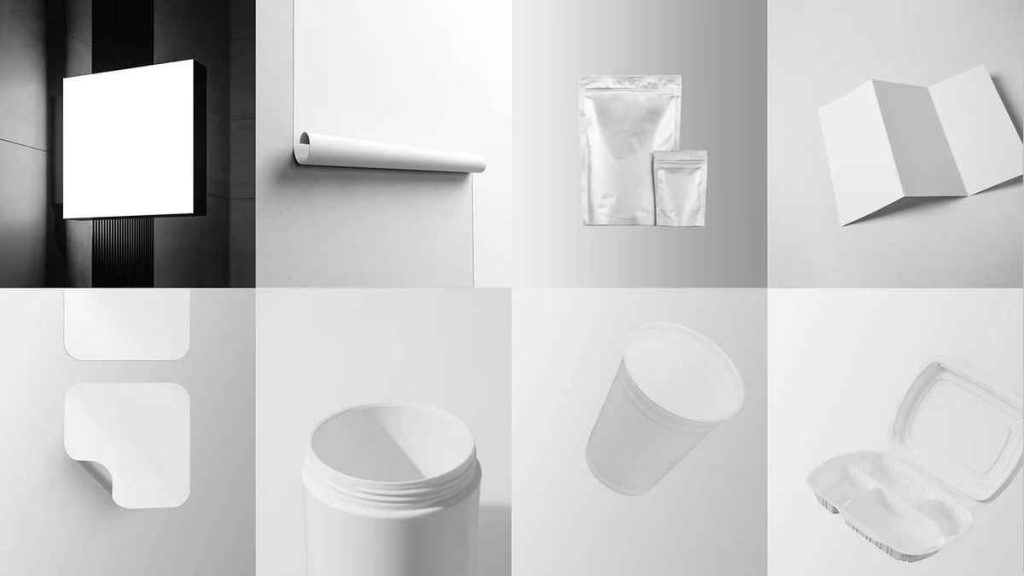このページを 日本語 で読む
TBM is a Tokyo-based startup that developed a new material called LIMEX. The company is increasingly gaining attention for this accomplishment. LIMEX, made primarily from limestone, is 100% domestically sourced. It can serve as an alternative to both plastic and paper. Products made with LIMEX can significantly reduce environmental impact. More than 10,000 companies and local governments have already adopted it.
Drastic Cut in Emissions
LIMEX is created by mixing inexpensive, domestically abundant limestone with a petroleum-based resin. For Japan, which relies heavily on imports of natural resources, LIMEX is an ideal material. To date, mixing other materials with limestone has been difficult. TBM successfully developed its proprietary blending and mixing techniques after years of research.
Compared to widely used petroleum-based plastics, TBM reports that LIMEX emits fewer greenhouse gases like CO2. This figure exceeds a 50% reduction throughout the material's lifecycle from material procurement to disposal.
Similar reductions can be seen for water usage. Producing one ton of paper generally requires around 100 tons of water. But LIMEX's production process uses almost no water — reducing usage by 97% compared to paper. LIMEX is also water-resistant and hard to tear.
Versatility
Products made from LIMEX range from tableware and shopping bags to business cards, printed pamphlets, and clear file folders. Mos Food Services, the operator of the Mos Burger fast food restaurant chain adopted LIMEX for its backlit menu signboards.
100-yen shops like Seria and Can Do sell storage goods made from LIMEX. Even the trash bags used in APA Hotel guest rooms are made from LIMEX. Even local governments, including the Tokyo Metropolitan Government and Kanagawa Prefecture, are increasingly adopting the material.
LIMEX is also gaining recognition overseas. In 2023, it was adopted for cosmetic containers by a company under the LVMH Moët Hennessy Louis Vuitton group. The material is now used in about 10 countries.
Widespread Adoption
Here is how LIMEX products are manufactured. TBM ships granulated LIMEX to serve as a plastic substitute and sheet-form LIMEX as a paper substitute to partner manufacturers and printing companies. These companies then produce the final products.
TBM currently collaborates with about 500 companies. In 2021, it opened a mass production facility in Miyagi Prefecture, capable of producing 23,000 tons of LIMEX annually.
TBM was founded in 2011. But CEO Nobuyoshi Yamasaki's journey began in 2008 when he encountered "stone paper," a paper substitute made from limestone by a Taiwanese company. He started importing and selling the stone paper. But he soon saw the potential for it to catch on in Japan, where environmental awareness was growing. He asked the Taiwanese company to improve its quality, particularly to address its heavier weight compared to paper. When his requests were refused, he decided to develop a product himself.
Several large companies are now showing interest in TBM. Major shareholders include Dai Nippon Printing (DNP), Toppan Holdings, Itochu Corporation, and South Korean conglomerate SK Group.
Hideto Sakata, a corporate officer at DNP who oversees the technology research department, stated, "We are including LIMEX in our lineup of materials for printed products to offer environmentally conscious options to our customers."
Reducing Costs
However, challenges remain — namely, how to lower the cost of LIMEX. According to TBM, LIMEX is already price-competitive with general-purpose plastic materials. But further cost reductions are necessary to establish a competitive edge through wider adoption of the product.
TBM plans to strengthen its sales capabilities by hiring experienced personnel and expanding its network of sales partners. They also aim to expand LIMEX's applications to include label substrates and construction materials. "We will continue to promote the widespread use of LIMEX products and tackle the challenge of realizing a revolution in sustainability," Yamasaki emphasized.
このページを 日本語 で読む
